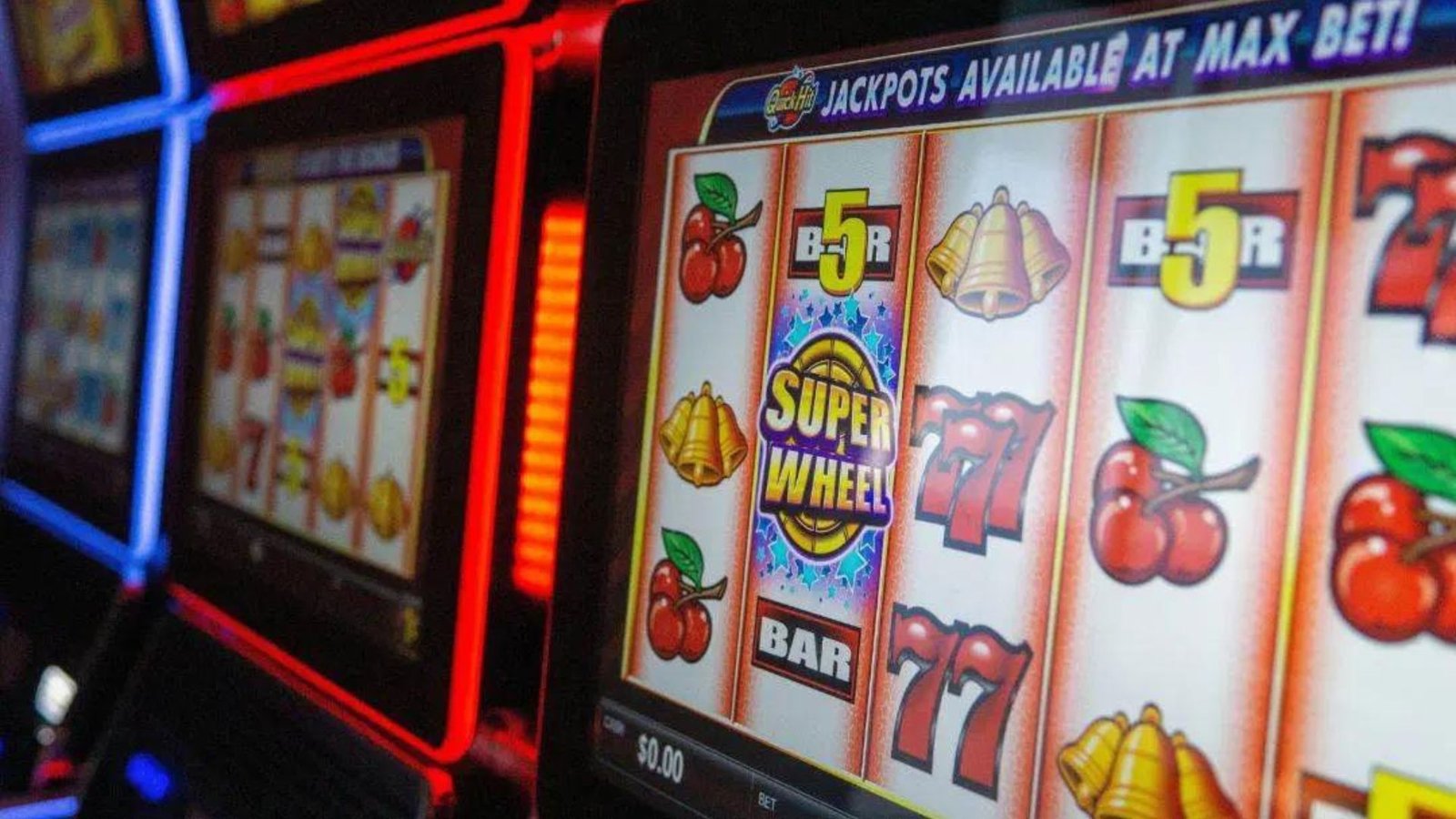The world of slot machines is filled with excitement and anticipation, and understanding the role of slot math is essential for both players and casino operators. Slot math involves calculating winning probabilities and payouts, providing insights into the odds of winning and the expected returns for players. In this post, we will explore the fascinating world of slot math, shedding light on the calculations involved and how they impact your slot machine experience.
- Understanding Random Number Generators (RNGs):
At the heart of slot math is the Random Number Generator (RNG), a software algorithm that generates thousands of numbers per second. We discuss how RNGs ensure that slot machine outcomes are truly random, as required by regulatory bodies.
- Probability and Odds:
Probability plays a fundamental role in slot math. We explain how to calculate the probability of winning combinations, taking into account the number of symbols and their distribution on the slot machine reels. Additionally, we explore how odds are calculated, helping players grasp their likelihood of hitting specific winning combinations.
- Payline Structure and Payouts:
Slot machines typically have multiple paylines, and understanding their structure is crucial in calculating payouts. We explore the relationship between paylines, winning symbols, and the corresponding payouts, discussing how paytables and payline configurations impact your potential winnings.
- Return to Player (RTP) Percentage:
The Return to Player (RTP) percentage is another key aspect of slot math. We explain how casinos determine the RTP percentage and how it reflects the long-term expected returns for players. Understanding the concept of RTP can help players make informed decisions about which slots to play.
- Volatility and Variance:
Volatility, also known as variance, is an important factor in slot math. We discuss the different volatility levels of slot machines, ranging from low to high, and how they affect the frequency and magnitude of wins. Exploring the concept of volatility helps players choose games that align with their risk preferences and playing style.
- The House Edge:
The house edge is a core element of slot math that determines the casino’s long-term profit. We explain how the house edge is calculated and how it influences players’ expected losses over time. Awareness of the house edge empowers players to make informed decisions about their gambling experience.
Conclusion:
Slot math is the backbone of slot machine design, determining winning probabilities, payouts, and the overall player experience. Understanding the calculations behind slot math gives players insights into the odds of winning and the expected returns. By being aware of concepts such as RNGs, probability, odds, paylines, RTP, volatility, and the house edge, players can make informed choices and enjoy their slot machine play with a better understanding of the mathematics at play.











